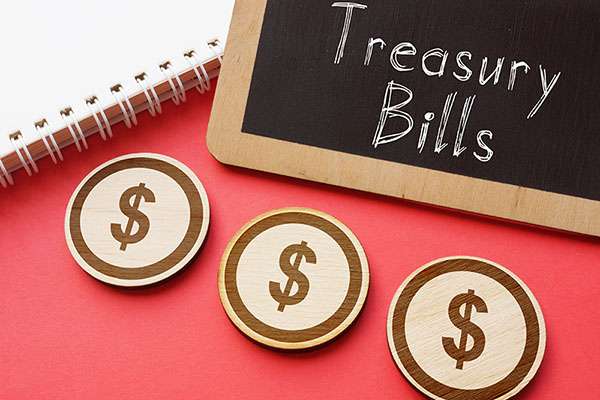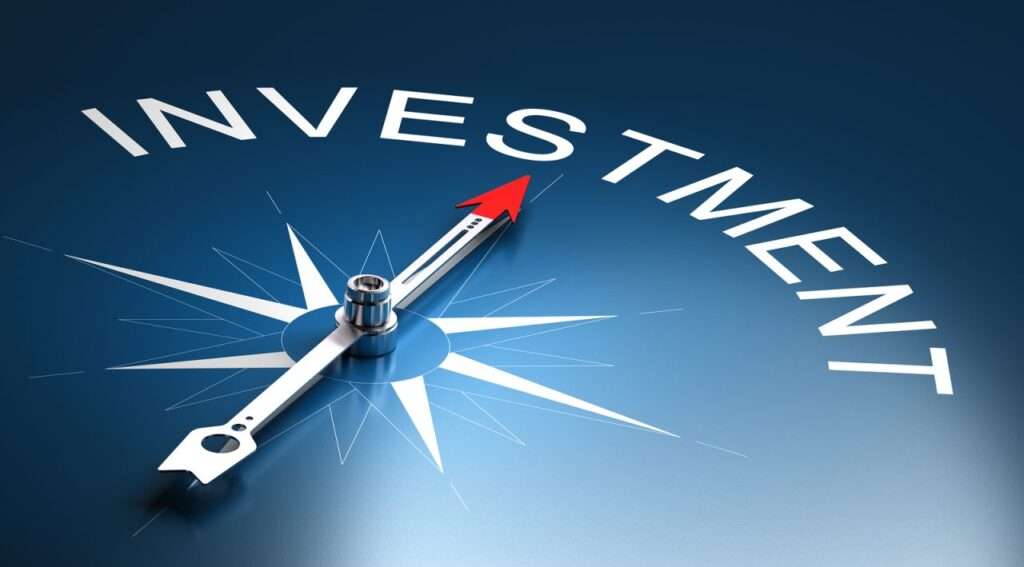The definition of investment which has been the dedication of using money to purchase securities with the motive of attaining an increase in value has now/almost been countered by the implementation of the domestic debt exchange program.
Government Securities – like bonds, treasury bill which were widely known as risk free benchmark securities issued for the financing of government transactions, to redeem maturing securities, and for the development of the Ghana financial markets is now recognized as securities that has posed threat to optimism in investment due to execution of the DDEP initiative.

During Vaultz news interaction with a banker who prefers to remain anonymous, he disclosed that government securities are assets that come with a promise of the full repayment of invested principal at maturity of the security. Government securities pay periodic coupon or interest payments, he added.
These securities, he said, are considered conservative investments with no risk since they have the backing of the government that issued them, but now what can we say about government securities in terms of riskiness? he questioned.
Emphasizing precisely on the outlook of treasury bill despite government’s exemption, the anonymous banker averred that there is no 90-100% assurance for one to invest in T-bills with the confidence of not bearing any risk. He said: “Since government is struggling and has not finally gained a bailout from IMF, one cannot be certain with what will happen next.”
Speaking on the current purchase and withdrawals of treasury bills, he divulged that individuals who were previously investing in T-bills are now in a rush to make withdrawals as the precariousness around the DDEP keeps getting higher.
Making reference to the postponement of Ghana’s Engagement with China, the banker disclosed that the uncertainties hovering around the DDEP initiative gives more reason to the insecurity of investing in Ghana.
“Despite few individuals purchasing T-bills because of its high rate, majority of individual customers are withdrawing their monies because they believe government can just wake up with a change of mind to include treasury bill in the DDEP. Others who were previously rolling over their treasury bills have now opted for their account to be credited upon maturity, with the motive of not continuing the investment.
“Now, I would say relatively all securities involve some degree of risk. If you intend to purchase securities – such as treasury bills, stocks, bonds, or mutual funds at this time, it’s important that you understand you could lose some or all of your money. You could lose your principal, which is the amount you’ve invested, or your interest and part principal. Be ready for anything if you decide to invest in this period.”
Anonymous Banker
According to him, if investors, and particularly the business community, regard the DDEP as a source of potential economic instability, their willingness to undertake real investment will be lessened.
Investment’s Impact on Economic Growth
Commenting on how low investment in the country could affect economic growth, the banker mentioned that investment adds to the stock of capital, and the quantity of capital available to an economy is a crucial determinant of its productivity.

According to him, a country whose policies leads to a low investment stands the risk of facing economic recession.
“We all know investment contributes to economic growth. Ghana’s low investment, if not addressed will tend to directly decrease the current level of gross domestic product (GDP) and in the long run result in the country’s current account deficit.”
Anonymous Banker
He further communicated that in a situation where the government is not able to raise enough funds from the sale of securities to finance its projects, there would be a halt in the country’s development.
“As we all know, when government sells securities in the form of treasury bills and bonds, they take money from individuals and business entities who purchase these securities. Funds raised are used by government to finance day-to-day governmental operations and as well provide funding for special infrastructure and economic projects.
Anonymous Banker
“When government is unable to raise funds from the public due to the nature of the investment environment, the government will tend to have low revenue, hence, should the IMF bailout fail, Ghana will experience a period of massive economic decline, bringing all developmental projects in the country to a halt.”





















